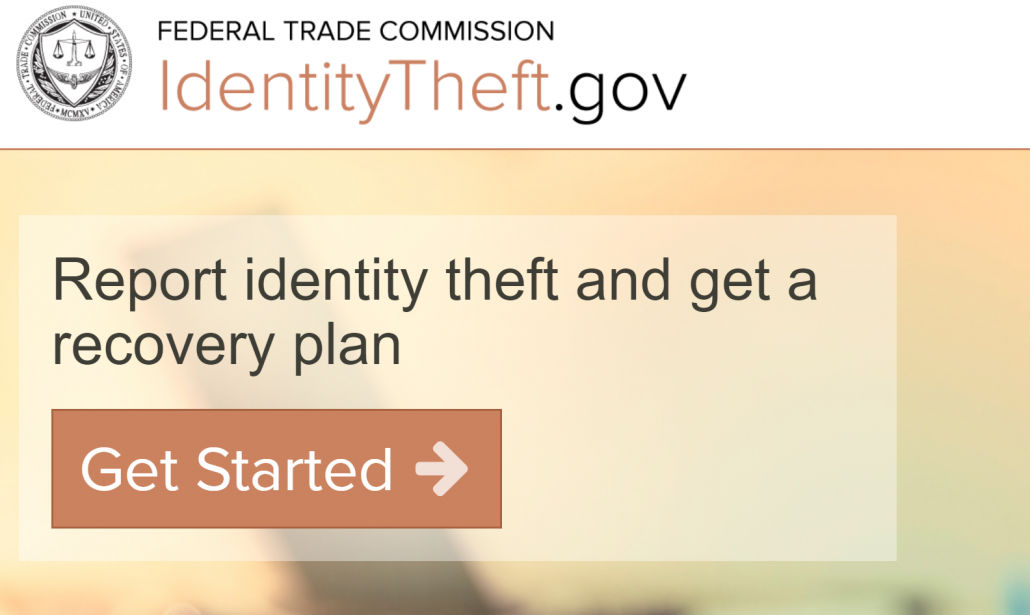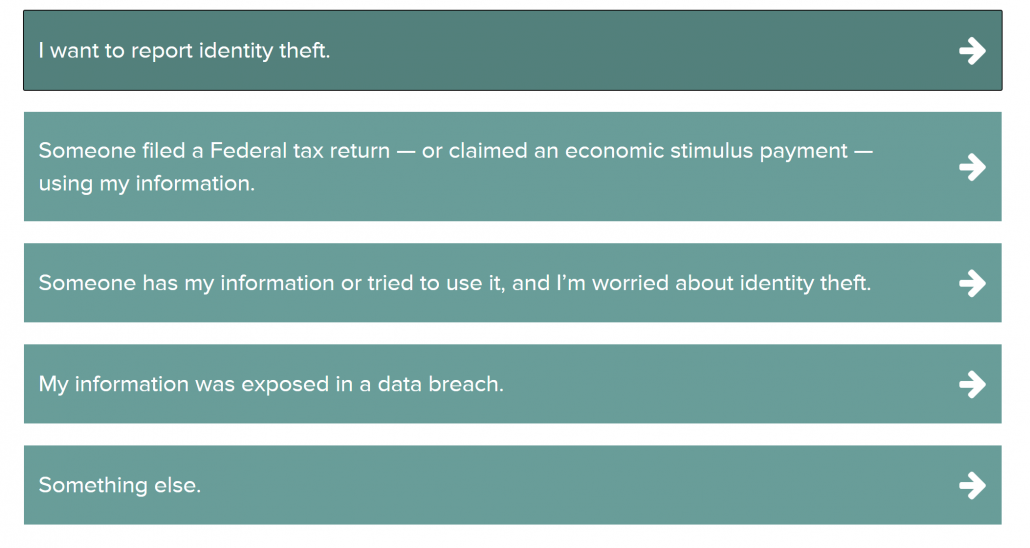Stolen Stimulus Checks Creating Concerns for Consumers
Home Help Center Stolen Stimulus Checks Creating Concerns for Consumers

In May 2020, many consumers did not receive their stimulus check, leaving some wondering why. The Identity Theft Resource Center (ITRC) saw a sharp increase in “stolen stimulus check” cases. Now, the second round of checks is being sent out as part of a new stimulus package. Once again, the ITRC has seen a rise in people reaching out to the non-profit over stolen stimulus checks.
Not everyone who believes they had their stimulus check stolen finds that to be the case. In fact, there are a handful of reasons why people could still be waiting. With that said, some are legitimately stolen.
In May, during the first wave of payments, the Federal Trade Commission (FTC) reported that some stolen stimulus checks appeared to be from nursing home residents. Nursing homes in several states made residents sign over their stimulus checks. Other cases involved people committing physical mail theft, like this New York man who stole over $12,000 worth of stimulus checks. Some thieves went as far as stealing stimulus checks from postal trucks. The Chicago metro saw multiple postal trucks get broken into in April 2020.
The second wave of payments has already seen text message scams where scammers pose as the Internal Revenue Service (IRS) and robocalls and email scams from con artists asking consumers to verify their personal information before the stimulus check is sent out. The ITRC has received reports of people having their payments deposited into the wrong bank account, consumers having their check stolen from their mailbox and much more.
No matter how stimulus checks are being stolen, it can be a headache for consumers and something law enforcement works to stop. If someone believes they are the victim of a stolen stimulus check, they should report it to the FTC and the IRS.
- Victims of a stolen stimulus check can go to IDTheft.gov and click “Get Started”

- On the next paged, which is titled “Which statement best describes our situation,” victims should click the line that says, “Someone filed a Federal tax return – or claimed an economic stimulus payment – using my information.”

- After the victim answers the questions provided, the page will complete an IRS Identity Theft Affidavit for the victim to submit electronically to the IRS, which can also be downloaded for file keeping
- The website will provide the victim with a recovery plan to follow that includes steps to prevent identity theft
- The IRS and their “Get My Payment” tool is a way for consumers to learn their payment status, including where it was sent. For more information, consumers can visit the IRS’s Economic Impact Payment Information Center and Get My Payment Frequently Asked Questions pages for detailed, and frequently-updated, answers to questions. They also can find information here about payments that the IRS may have deposited to an account that is not recognized.

It is important for consumers to remember that the IRS will never call, email, text or reach out via social media to anyone about a stolen stimulus check or to receive a stimulus check. If someone does, it is probably a phishing scam looking to steal personal information and should be reported to the proper agency.
If someone had their stimulus check stolen, or had another form of government identity theft, they can live-chat with an Identity Theft Resource Center expert advisor or call toll-free at 888.400.5530. ITRC advisors will walk victims through the process and tell them where they need to go, who they need to talk to, what they need to say and what they need to do.
The post was originally published on 5/28/20 and was updated on 1/5/21
You might also like…
Contact Tracing Scams Ramp Up as New Technology Evolves Amid COVID-19 Pandemic
Possible Nigerian Fraud Ring to Blame for Unemployment Identity Theft Attack
Five State Unemployment Department Data Exposures Uncover System Flaws
How much information are you putting out there? It’s probably too much. To help you stop sharing Too Much Information, sign up for the In the Loop.
Get ID Theft News
Stay informed with alerts, newsletters, and notifications from the Identity Theft Resource Center

